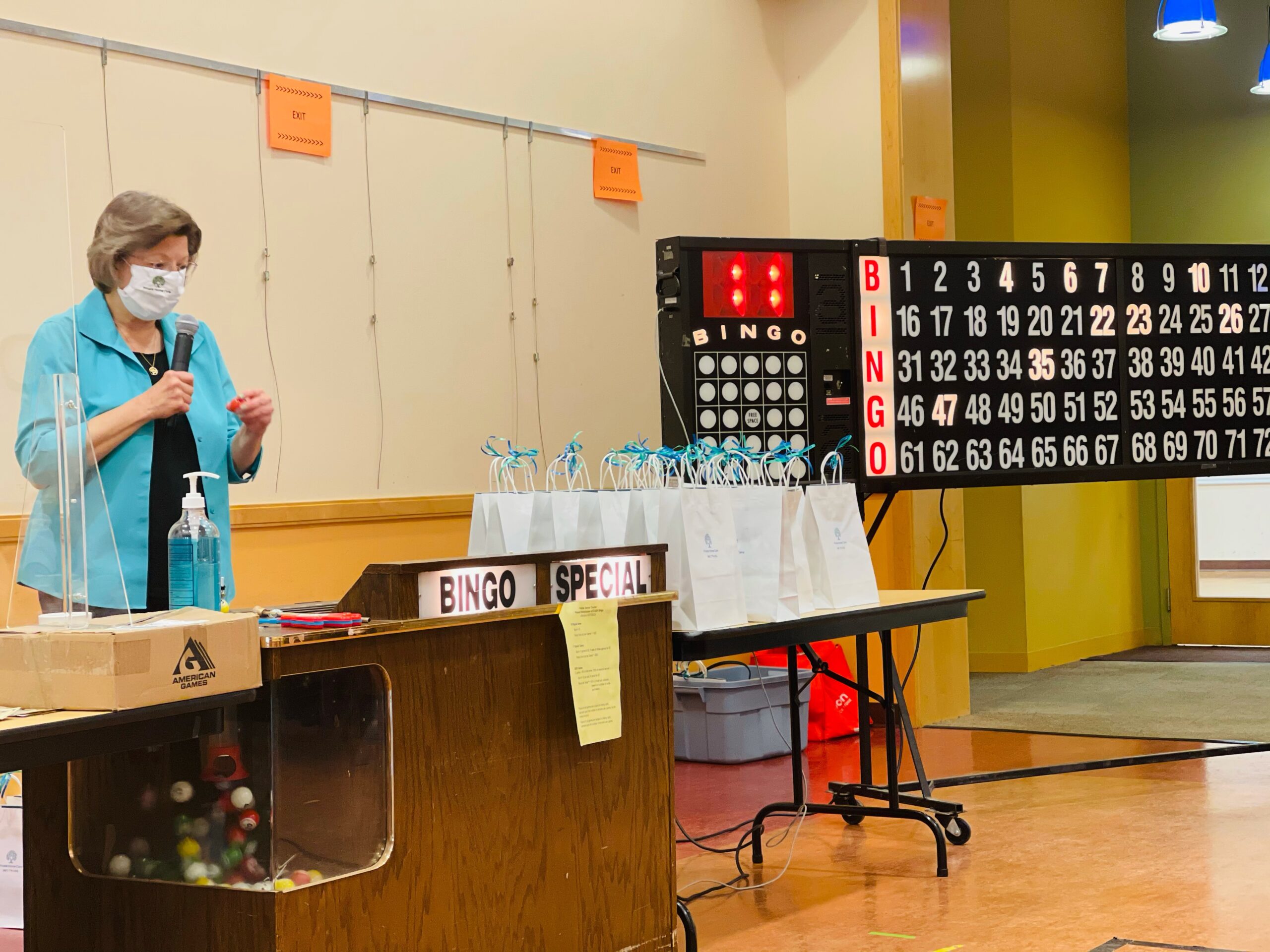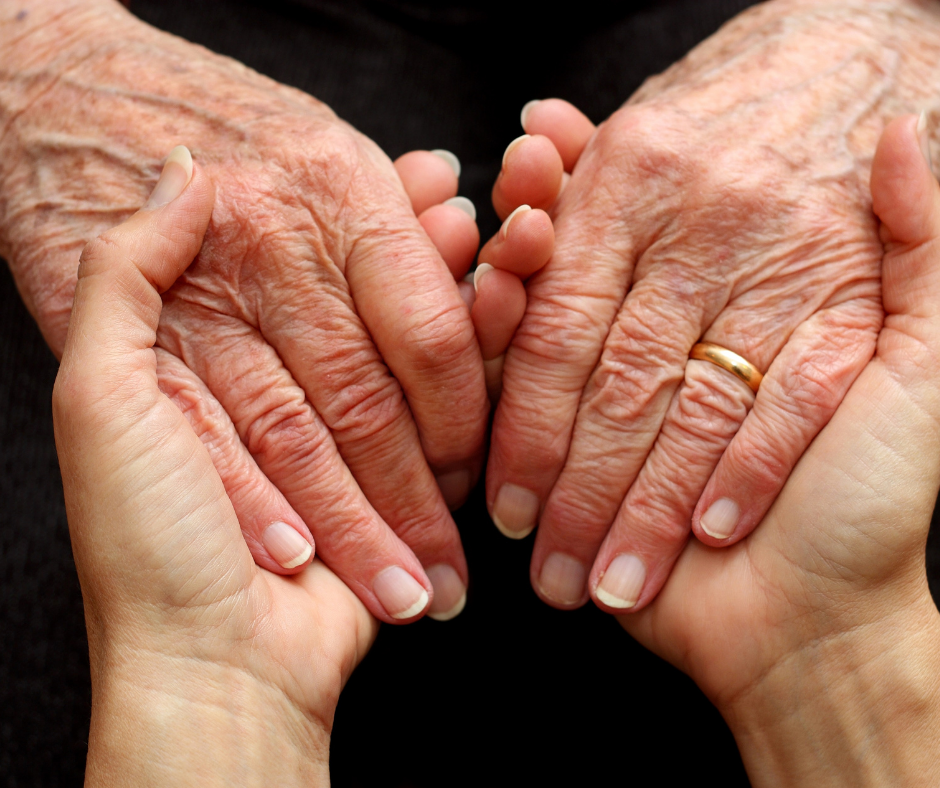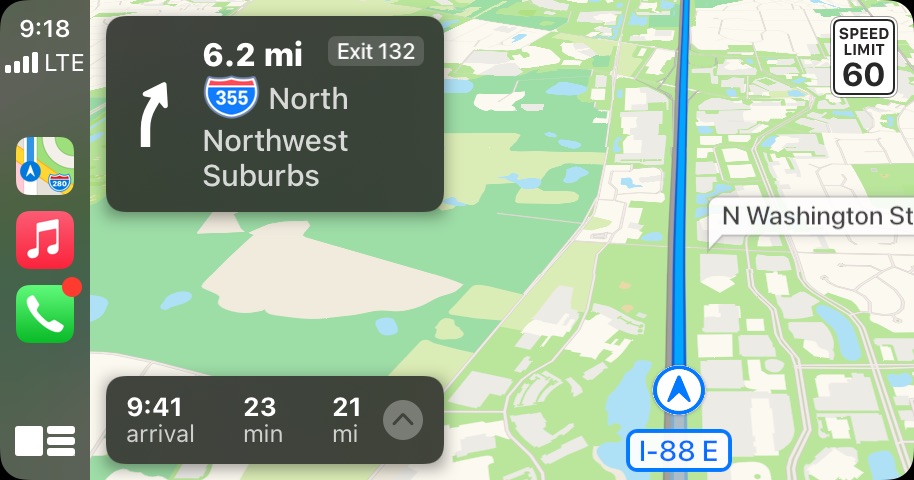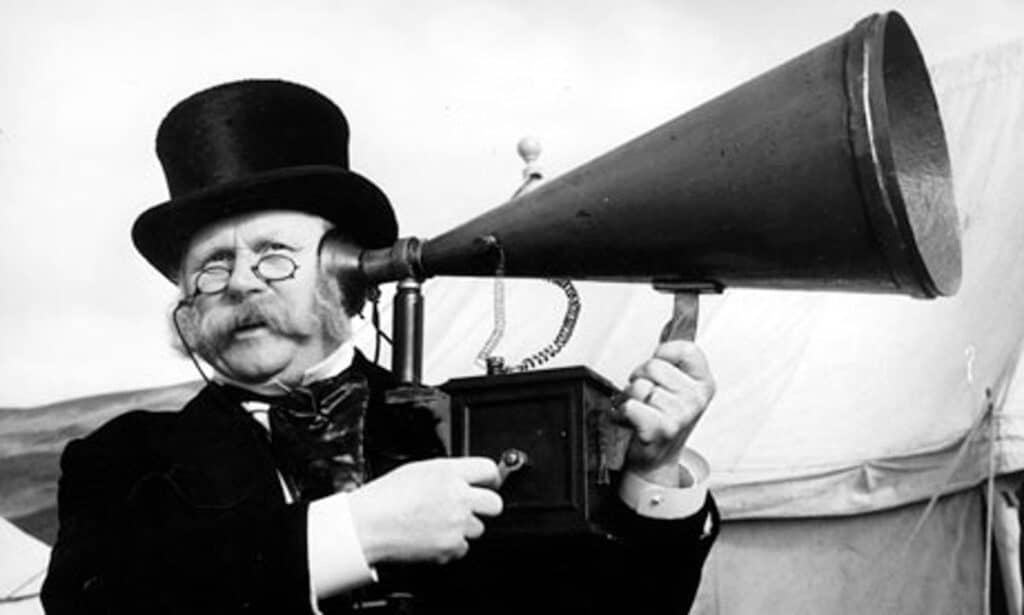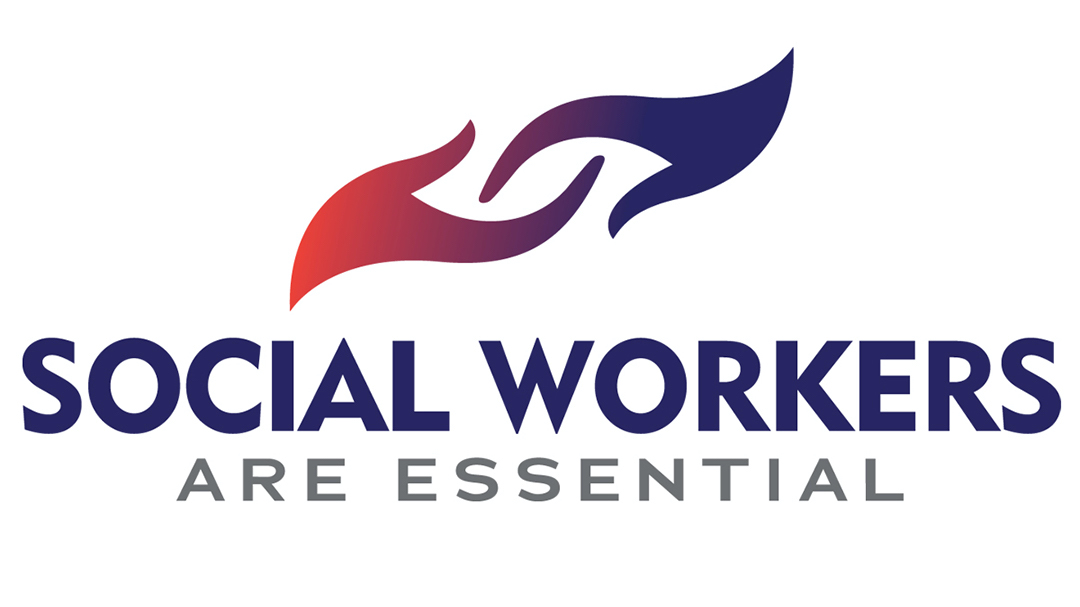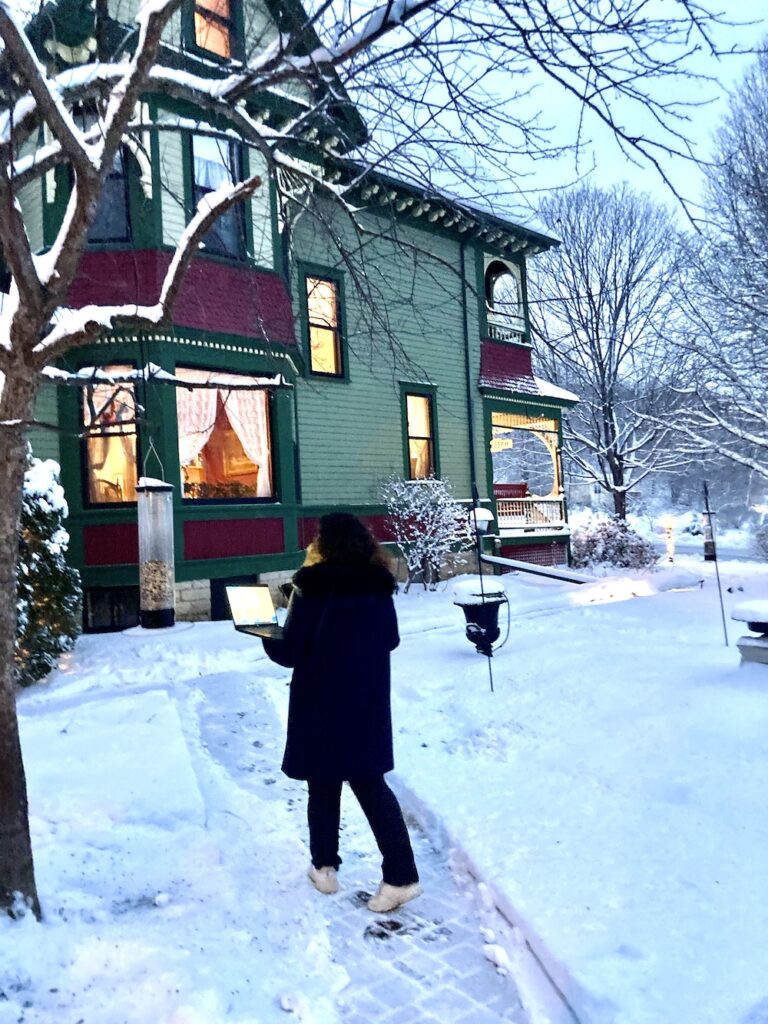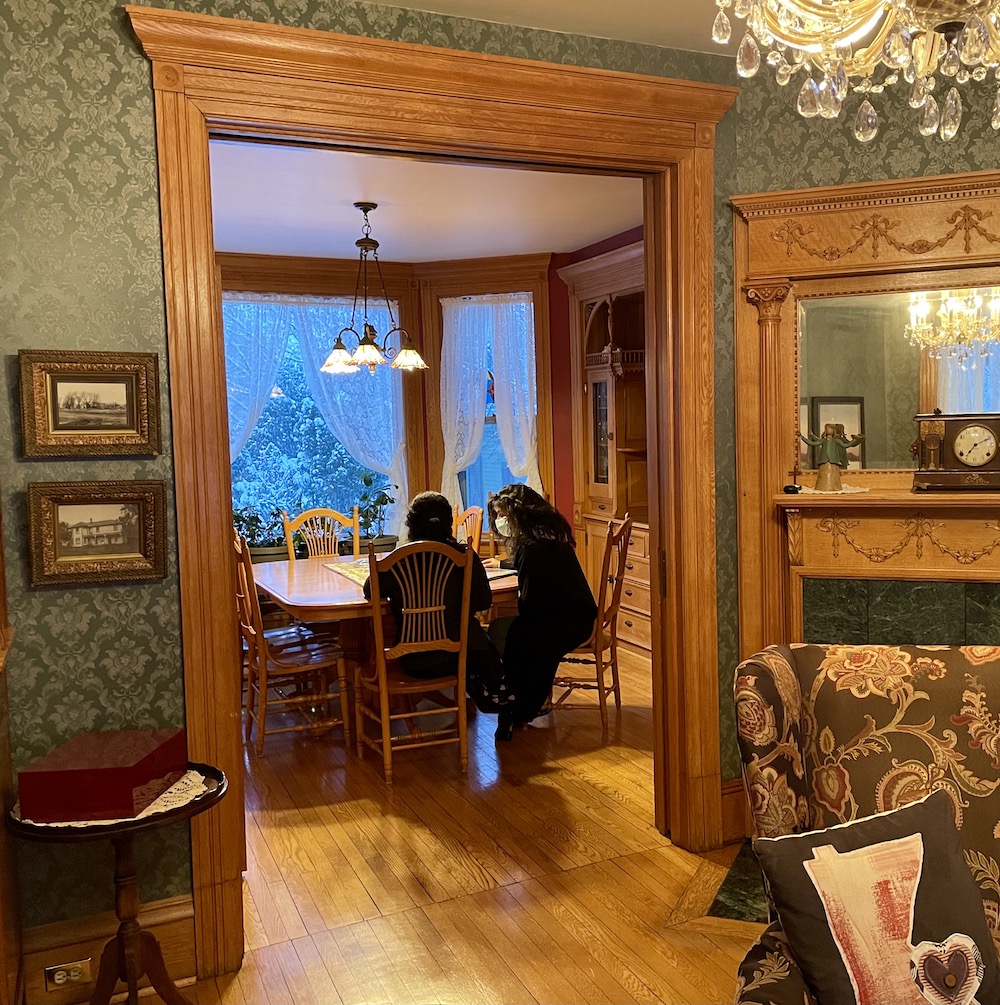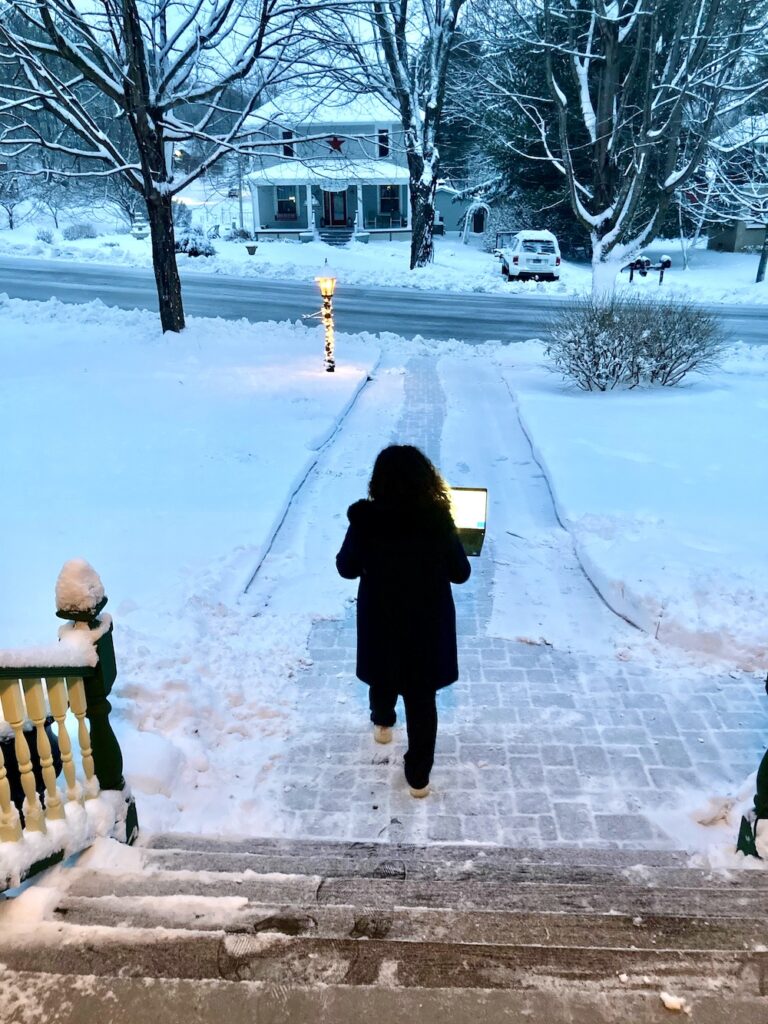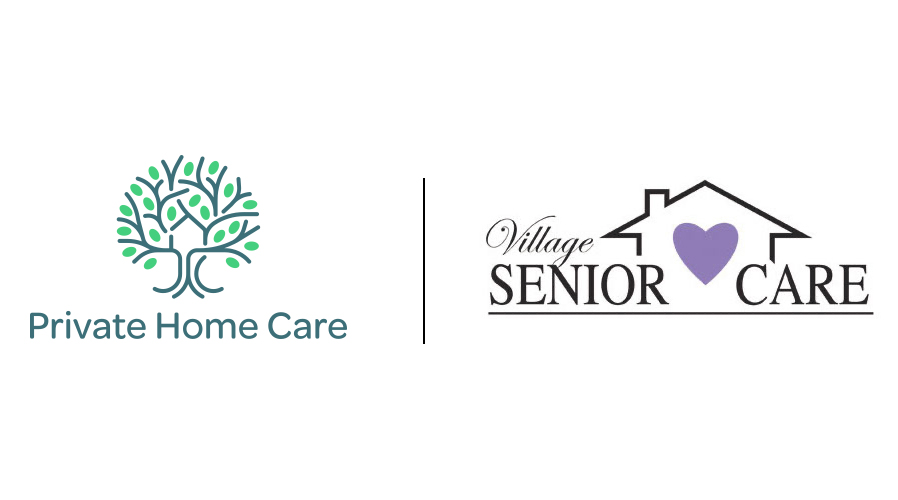If you were looking for one word that defines Senior Centers in our country it would be this.
Senior centers serve as a gateway to the nation’s aging network—connecting older adults to vital community services that can help them stay healthy and independent. Recognized by the Older Americans Act (OAA) as a community focal point, senior centers have become one of the most widely used services among America’s older adults. In fact, more than 60% of senior centers are designated focal points for the delivery of OAA services—allowing older adults to access multiple services in one place.
Key Statistics:
- 75% of participants visit their center 1 to 3 times per week, spending an average of 3.3 hours per visit.
- Approximately 70% of senior center participants are women; half of them live alone.
- Compared with their peers, senior center participants have higher levels of health, social interaction, and life satisfaction and lower levels of income.
- The average age of participants is 75.
PHC is proud to be a Gold-Level sponsor of one such center – the Frisbie Senior Center in Des Plaines, IL. In 1975, representatives from the City of Des Plaines and Des Plaines Park District recognized the need to provide dedicated services to the senior population living in that community. After convening with senior residents and discussing their wants and needs, a “senior center” program was established, catering mainly to the 70+ age group and offering the traditional Arts-Bingo-Crafts activities. Fast-forward to 2021, through the efforts of its members, it’s become a one-of-a-kind facility offering over 65 open programs in a 20,000-square foot, ADA-accessible facility. The mission is simple: Bring seniors together to find new friends and stay active.
Melissa Kalliantasis is the Program Director at Frisbie. Melissa has spent her entire career in the field of geriatrics – visiting lonely and isolated seniors early on, and now manages the day-to-day programming and services offered at the FSC. She recently became a SHIP Coordinator and helps older adults to navigate the complexities of Medicare, Medicaid, and everything in between.

What Types of Programs Do Senior Centers Like Frisbie Offer?
Senior centers offer a wide variety of programs and services, including:
- Meal and nutrition programs
- Information and assistance
- Health, fitness, and wellness programs
- Transportation services
- Public benefits counseling
- Employment assistance
- Volunteer and civic engagement opportunities
- Social and recreational activities
- Educational and arts programs
- Intergenerational programs
Frisbie’s calendar is always full! With activities as diverse as:
- Ping Pong
- Woodcarvers
- Blood Pressure Screening
- Line Dancing
- Chair Yoga
- Chair Beach Ball Volleyball
- Tai Chi
- And of course, Cash Bingo!
Many recipients of in home care services can benefit from participating in community based activities such as the above. Caregivers can accompany clients to activities and gatherings in local communities, so they continue to engage as much as possible.
What About Covid?
On February 2nd, the Illinois Department of Public Health announced the transition of Region 10 (suburban Cook County) to “Phase 4” of the Restore Illinois effective immediately. As a result, the Frisbie Senior Center resumed a modified program schedule, whereby schedules in-facility activities and events can have 50 or fewer participants, dependent upon what designated space within the Center is being utilized.
The foremost concern remains health and safety. As a result, they will continue to monitor and follow guidelines recommended by the Centers for Disease Control (CDC) as well as various state agencies, which include social distancing as well as increased cleaning and disinfecting activities. Masks are required while anyone is in the facility for the protection of staff and visitors alike.
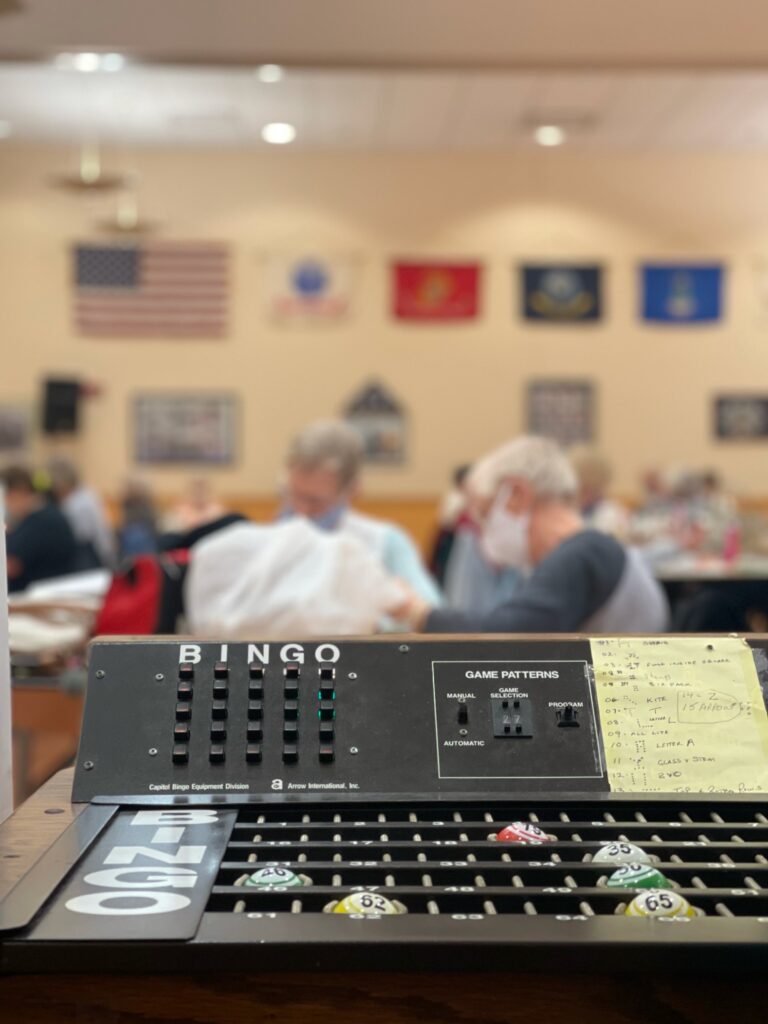
Volunteers Are Crucial
We often think of volunteering as a “selfless” act. A one-way transfer of time and care. Anyone who has ever volunteered will likely set you straight on that. Volunteering enriches both the volunteer and the recipient.
As social beings, it’s hard-wired in all of us to connect with each other. While COVID-19 has self-isolated billions of people, it has also prompted millions to volunteer in many innovative ways — from making face masks to helping elderly neighbors with shopping to virtual concerts and Pilates classes.
It’s possible that COVID-19 has prompted you to think more deeply about the nature of social connectivity and isolation. Living a more isolated life has been tough on a lot of people. But perspective is a wonderful thing.
Many seniors live with some kind of isolation. Isolation should be avoided.
We all have things to share with our most vulnerable seniors. Whether it’s crafting, woodworking, or just your time or donations. You know that rich life experiences are indispensable. They’ve helped make up everything you are today. So just imagine how many valuable stories, lessons, and experiences your elders can share with you. When you spend time volunteering with seniors, you’ll benefit just as much as they do—and you can learn a lot too!
As a not-for-profit, Frisbie Senior Center – and all senior centers – thrive because of the time and effort put in over the years by wonderful volunteers. At its core, volunteerism is at the core of the Frisbie Senior Center’s mission, highlighting the importance of engaging older persons in socially, intellectually, and physically enriching ways.
Now, more than ever, we have to take care of each other. Volunteering at your local senior center is an amazing gift for seniors, the senior center – and YOU. The Frisbie Senior Center, for instance, will be offering volunteer opportunities responsibly available after COVID-19 restrictions are lifted.

Get Involved
During this time of the COVID-19 pandemic, many Americans are uniting to help each other. Not only that, new research in the Journal of Happiness Studies suggests that volunteers not only help their communities, they also experience a positive bump in mental health. At a time when some 33% of Americans are experiencing symptoms of pandemic-related anxiety or depression, that intrinsic reward or “warm glow” feeling provides both a buffer and a sense of control. Also, volunteering is likely to help boost one’s sense of social connection – particularly for older adults who may be feeling isolated.
And that’s not all. In study after study, researchers have found that people who volunteer lead longer, healthier, happier lives. Volunteerism correlates positively to stronger self-confidence, a better quality of friendships, and improved job prospects.
Chances are there are seniors right in your own neighborhood who could use your help.
If you are in the Chicagoland area, you can contact the Frisbie Senior Center here: https://www.frisbieseniorcenter.org/volunteer
If you are located elsewhere a quick Google search of “senior centers near me volunteer” in your area should produce a wealth of options to explore. You can always start with just volunteering at a few places to dip your toe in the water and decide which one suits you best – and needs you the most.
Summary:
If you don’t have a parent or grandparent of your own that needs some extra caring for, there are plenty of seniors out there who could use some company! Volunteering builds more robust social networks and because volunteering often helps people discover their passions, the ability to tell one’s own story. Together, we can write wonderful new stories.
